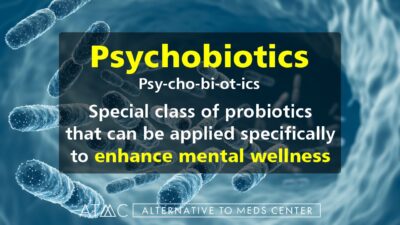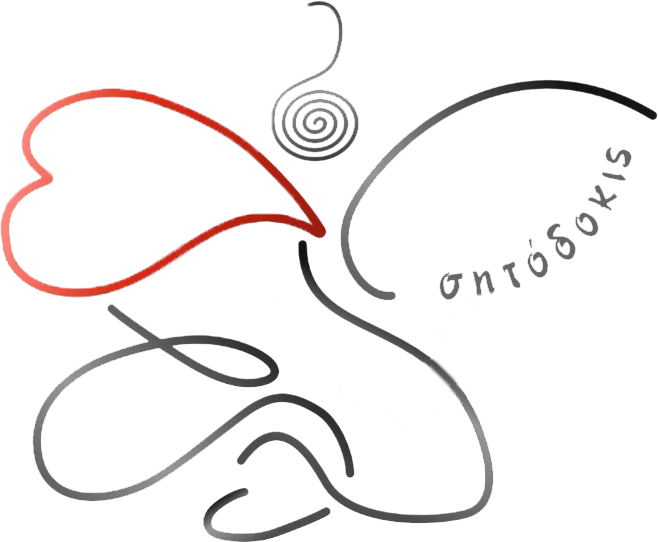
Psychobiotics: The probiotics of mental health
What are psychobiotics
Gut bacteria influence behavior, and both depression and anxiety symptoms are directly associated with alterations in the microbiota. Psychobiotics are defined as probiotics that confer mental health benefits to the host when ingested in a particular quantity through interaction with commensal gut bacteria. The action mechanisms by which bacteria exert their psychobiotic potential has not been completely elucidated.
The reviewed literature suggests that the consumption of psychobiotics could be considered as a viable option to both look after and restore mental health, without undesired secondary effects, and presenting a lower risk of allergies and less dependence compared to psychotropic drugs.
Introduction
According to the World Health Organization (2018), depression affects more than 300 million people worldwide. Many of those also suffer from anxiety. Anxiety is characterized by an uneasy feeling about the future, including fear and uncertainty. On the other hand, depression is a serious mood disorder with severe symptoms such as sad and anxious mood, pessimism, irritability, fatigue, alterations in sleeping patterns, and suicidal thoughts.
Current research states that both disorders are triggered by the interaction of psychological, environmental, genetic, and biological factors. It is common to find both intestinal and mental disorders coexisting in the same individual. This suggests a strong connection between the central nervous system and the gastrointestinal tract.
By analyzing the complex communication system that exists between the gut and the brain, it was found that the relationship between these two organs goes further than just the maintenance of homeostasis.
There is evidence that suggests that the enteric microbiome plays a key role in the gut-brain axis communication. In fact, these microorganisms in the gut interact so closely with the host that they form a vital relationship that even controls homeostasis. Although each person has their own specific microbiota, a certain equilibrium is responsible for many essential functions. That is why when this balance is altered, some conditions that affect the gut-brain-endocrine relationship can arise, and eventually result in disease. This gives rise to a new concept: The gut-brain-microbiota axis.
Intestinal bacteria imbalance has been observed in diseases outside the digestive system. The latter have the potential to affect the central nervous system, as well as many cognitive functions. There is evidence that suggests that enteric infections can cause both depression and anxiety. In fact, it has been found that gastrointestinal diseases, such as irritable bowel syndrome, are often accompanied by depression and/or anxiety disorders
Action mechanisms
The action mechanisms by which bacteria exert their psychobiotic potential has not been completely elucidated. However, it has been found that these bacteria provide their benefits through the enteric nervous system or the immune system’s stimulation. Furthermore, they affect the psychophysiological markers of depression and anxiety.
Application of Potential Psychobiotic Strains on Fermented Foods and Beverages
Fermentation of food and beverages by probiotic strains, which are included in dietary practices, have been demonstrated to have potential health benefits not only by protecting the intestinal barrier, improving nutritional status, or limiting the growth of pathogens, but also by influencing brain health with mechanisms of action such as the production of neurotransmitters, direct activation of neural pathways between gut and brain, modulating neurotrophic chemicals, and showing analgesic properties.
Fermented products
- Fermented foods
- 1. Kefir
- 2. Kimchi
- 3. Kombucha
- 4. Sauerkraut
- 5. Yogurt
- 6. Miso
- 7. Cheese
- 8. Sourdough
- 9. Vinegar
excerpt from article in:




